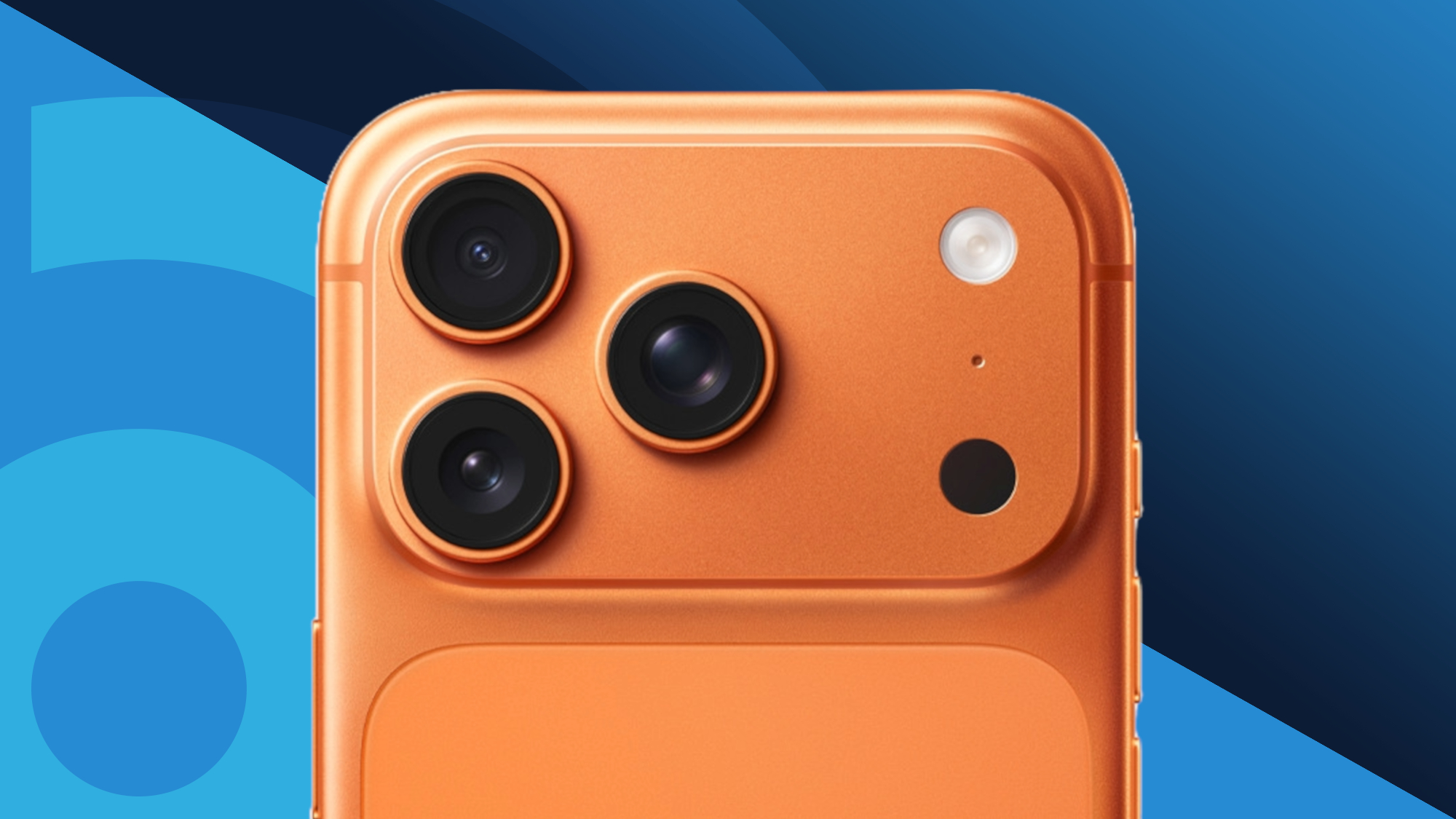
The best iPhone for you will depend on what you value most in a smartphone. We've tested every iPhone ever released (that's 51 models and counting), and we can confidently say that you don't necessarily need to buy the most expensive model to get the best Apple experience.
The iPhone 17 Pro Max, for instance, is the obvious choice for power users and those who crave the latest and greatest features. But the standard iPhone 17 is a better option for the vast majority of people, while the iPhone 16e is a capable no-frills model for budget-conscious buyers.
Below, we've selected the best iPhones for every use case, comparing key factors such as price, performance, cameras, and battery life. We've reviewed over 1,000 phones since 2005, so you can be confident that our recommendations are based on expert knowledge, in-depth analysis, and intelligent comparisons between devices.
Once you're set on a model, check out our best iPhone deals and Apple coupon codes pages for a roundup of the latest discounts.

I'm TechRadar's Phones Editor, and have been reviewing and writing about the best mobile devices (iPhones included) for several years. Based in the UK, I handle news and feature coverage for the phones section of the site, and regularly edit TechRadar's phones-related reviews and buying guides. You'll find my byline on over 2,000 TechRadar articles.
The best iPhones
Why you can trust TechRadar
Below, you'll find full write-ups for each of the best iPhones in our list. We've tested each model extensively, so you can be sure that our recommendations can be trusted.
The best iPhone for most people
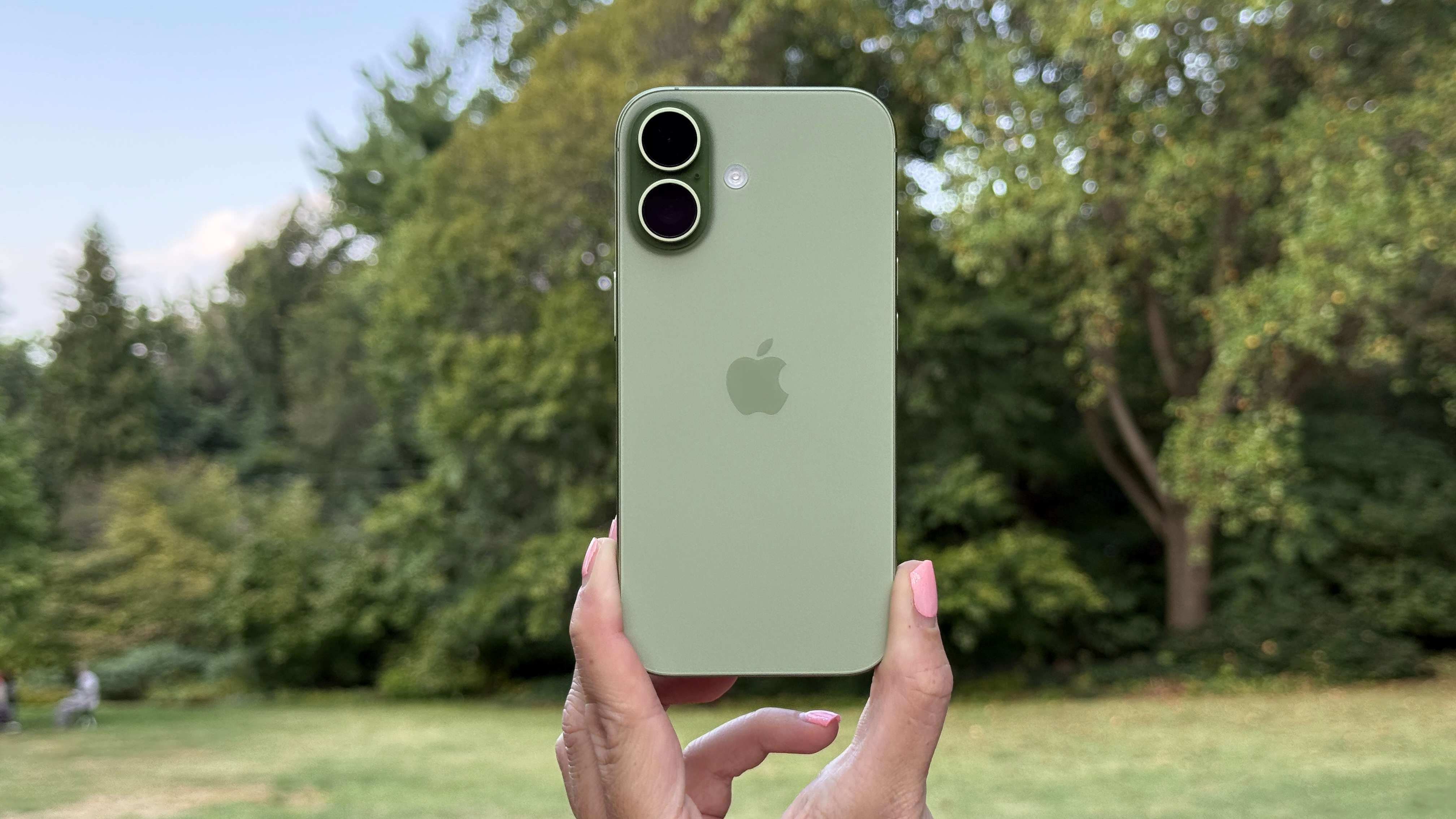
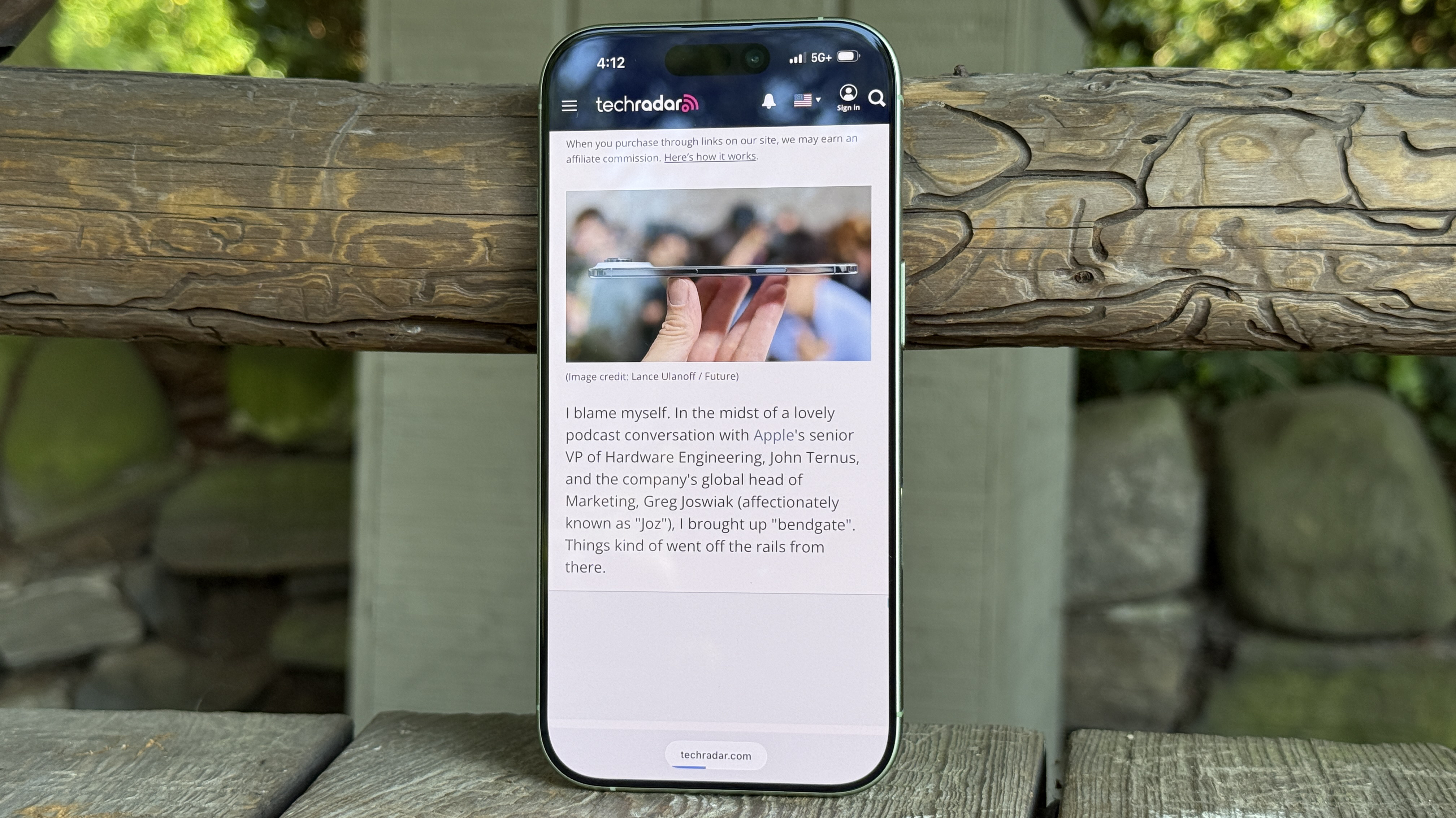
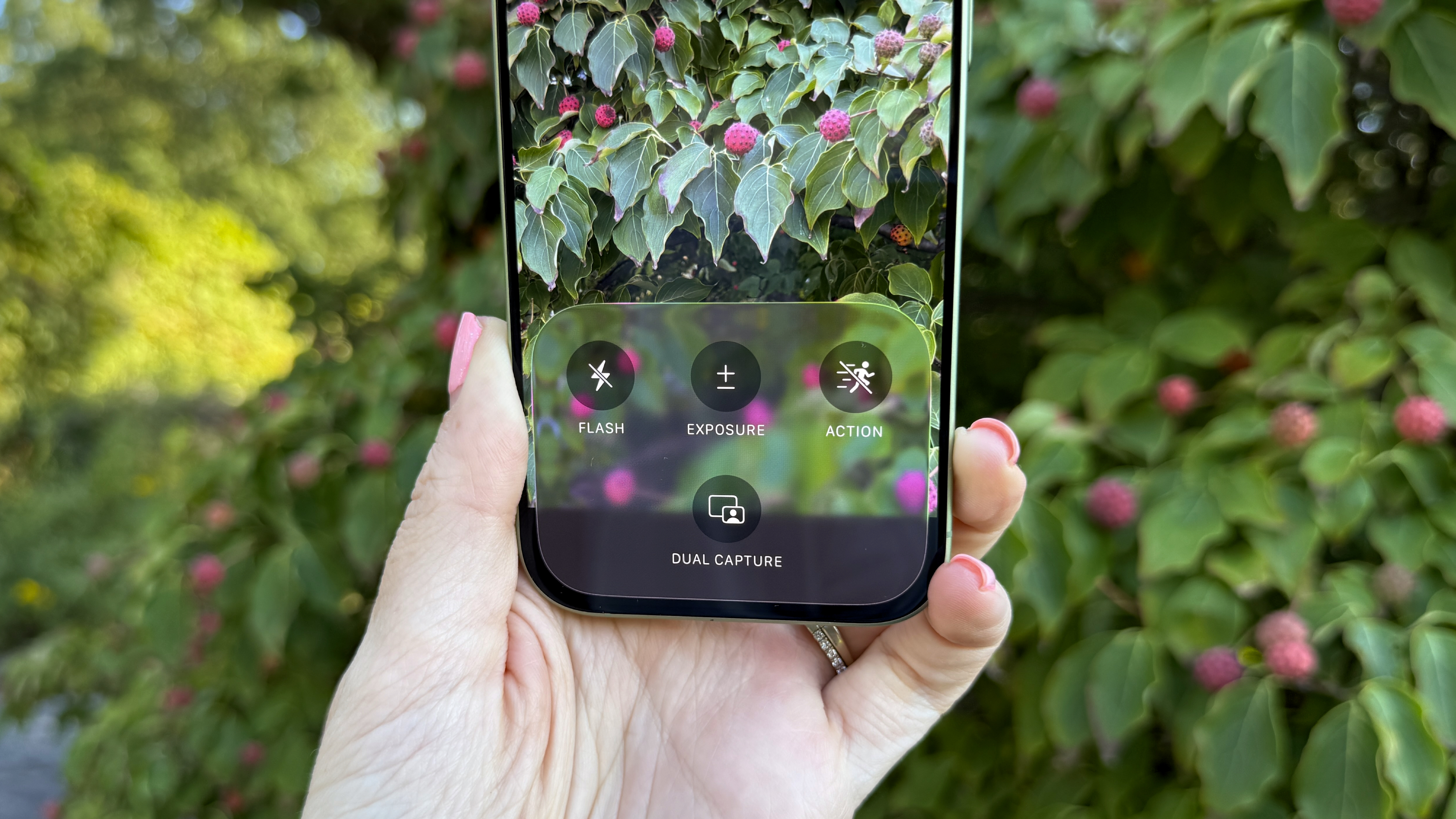
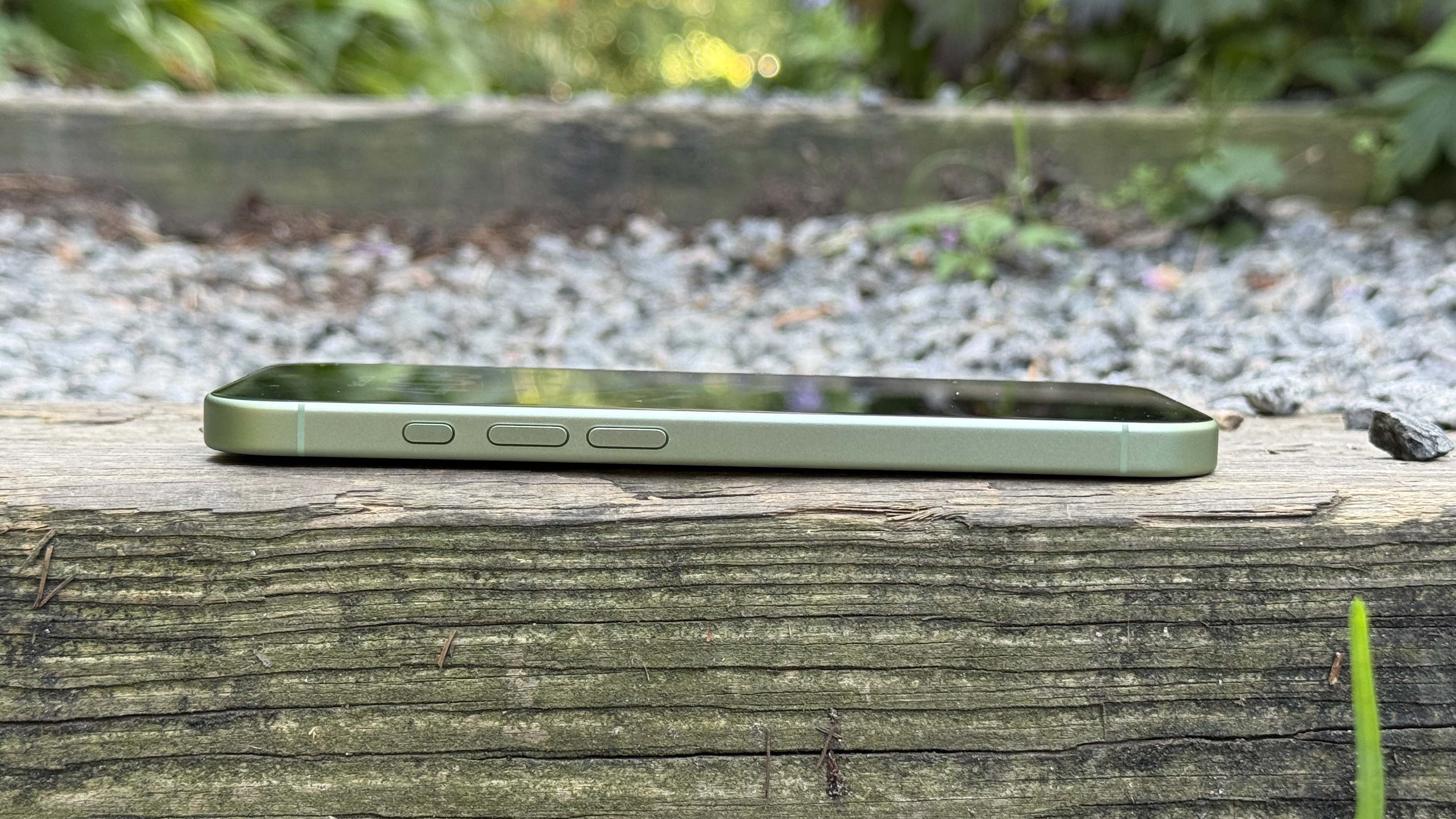
Specifications
Reasons to buy
Reasons to avoid
The best iPhone for most people is, without question, the standard iPhone 17, which might just be the best-value iPhone ever released.
This unassuming handset might look like the boring choice next to the flashy iPhone 17 Pro (indeed, it looks identical to the iPhone 16), but the iPhone 17 brings so many meaningful upgrades to the table that it's become hard to recommend Apple's top-end handset to anyone except power users.
For starters, the iPhone 17 boasts a bright and crisp 6.3-inch display with Apple's ProMotion technology. That means it can dynamically scale between 1Hz and 120Hz depending on the type of content on-screen, and ProMotion also gives you the option of an Always-On display, so you can view the time, date, notifications, and widgets without fully waking your phone.
In addition to that Pro-rivaling screen, the iPhone 17 also gets the same 256GB starting storage capacity, the same 18MP selfie camera, the same customizable Action button, the same Camera Control button, the same scratch-resistant Ceramic Shield 2 display cover, and all of the same iOS 26 software features (including the new Liquid Glass interface).
So, what do you miss out on versus the iPhone 17 Pro? Well, Apple's 48MP 'Fusion' camera is plenty capable on the iPhone 17, but it's no substitute for a 48MP zoom lens, which you'll find on its most expensive models. The iPhone 17 Pro also offers marginally longer battery life and faster charging, while its A19 Pro chipset is, on paper, more powerful than the iPhone 17's non-Pro variant.
Are those upgrades worth a $299 / £299 / AU$600 premium to you? If so, you're better off choosing Apple's top-of-the-line iPhone (which you'll find below). But if you're not a keen zoom photographer and aren't intending to record and edit lengthy 4K videos, I’d urge you to sit down and consider whether the cheaper iPhone 17 might actually be a better fit for your needs (take it from me: I spent a month with the iPhone 17 Pro, and then switched to the regular iPhone 17).
Read our full iPhone 17 review
The best iPhone overall
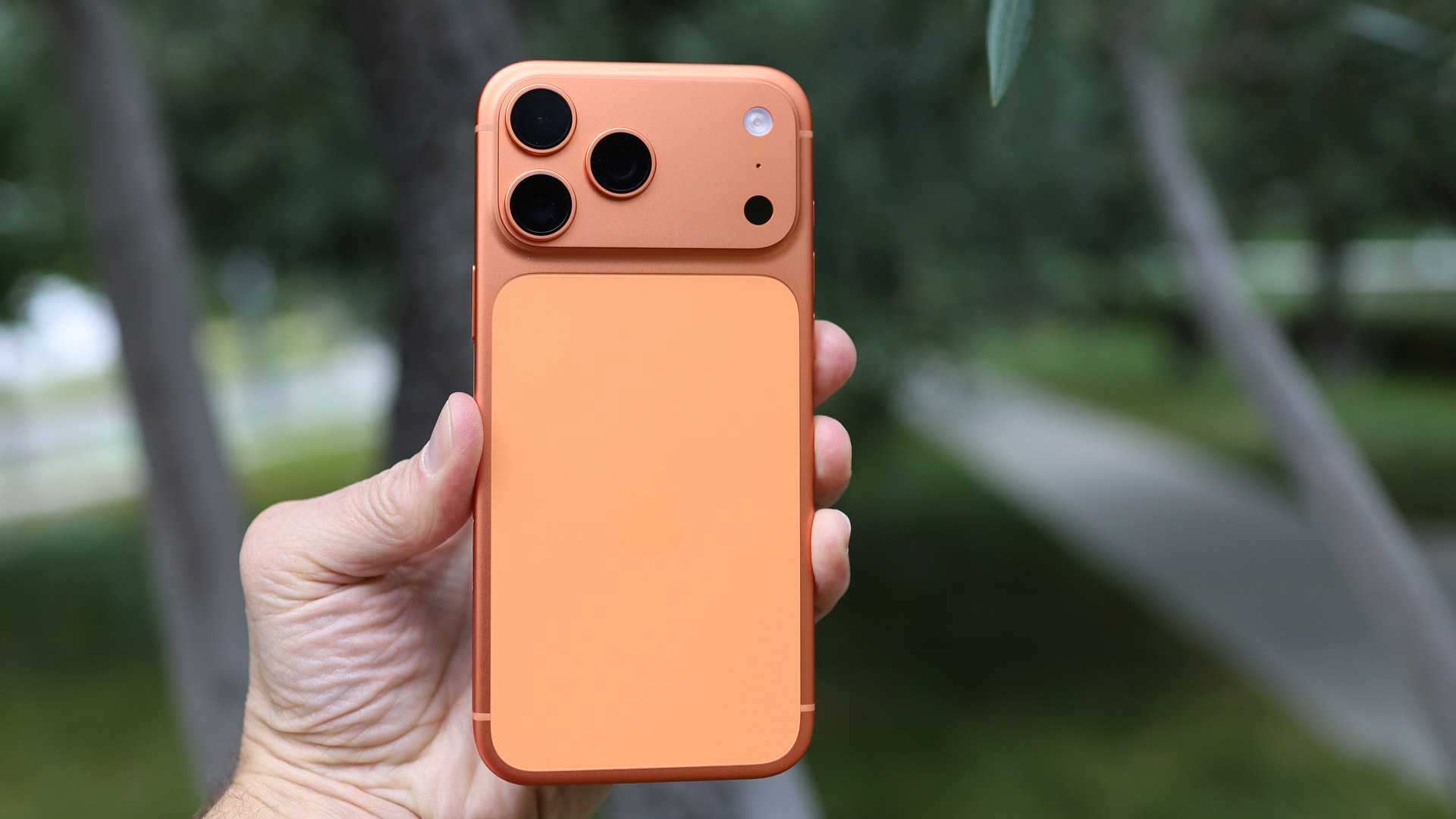
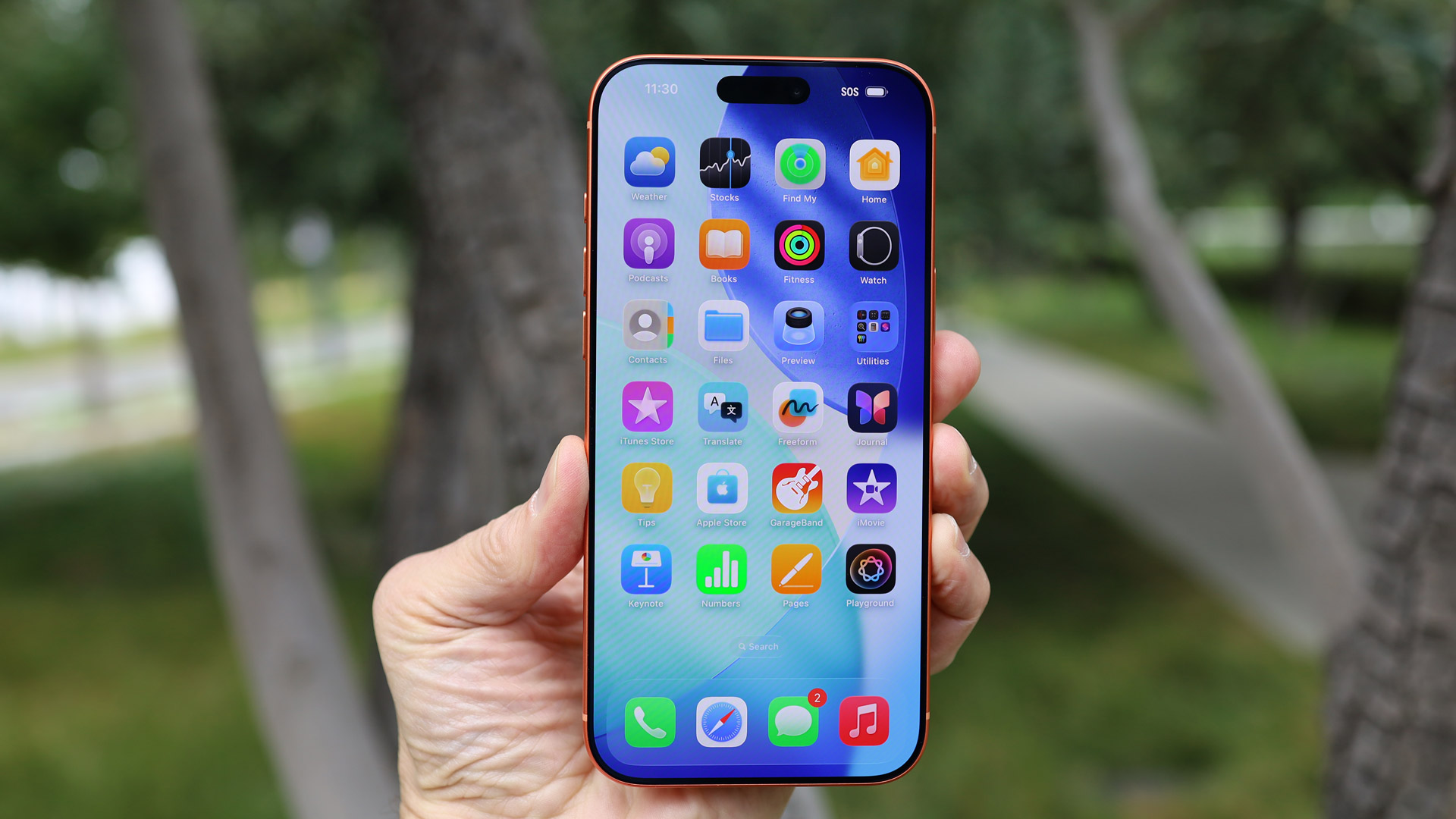
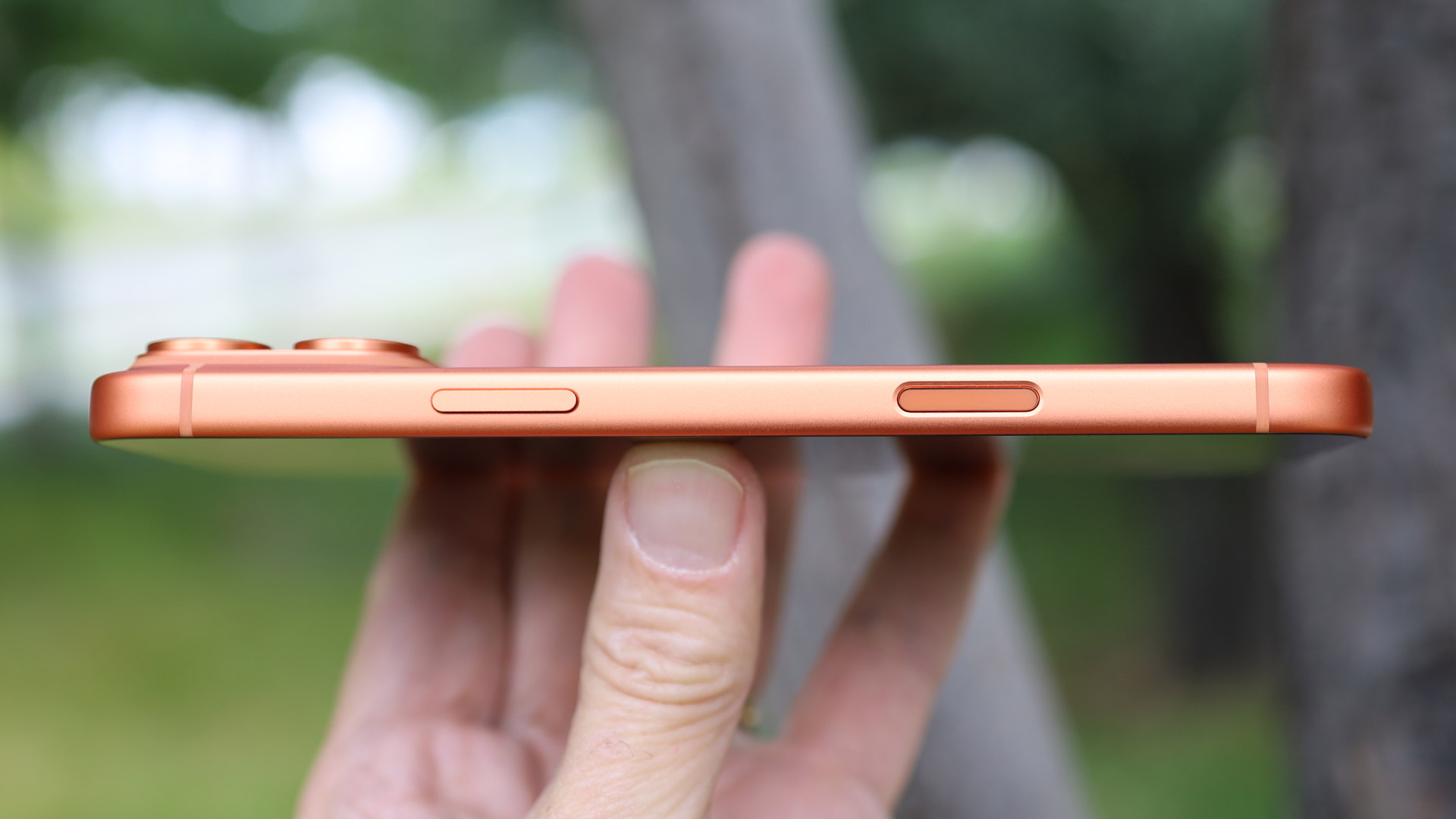
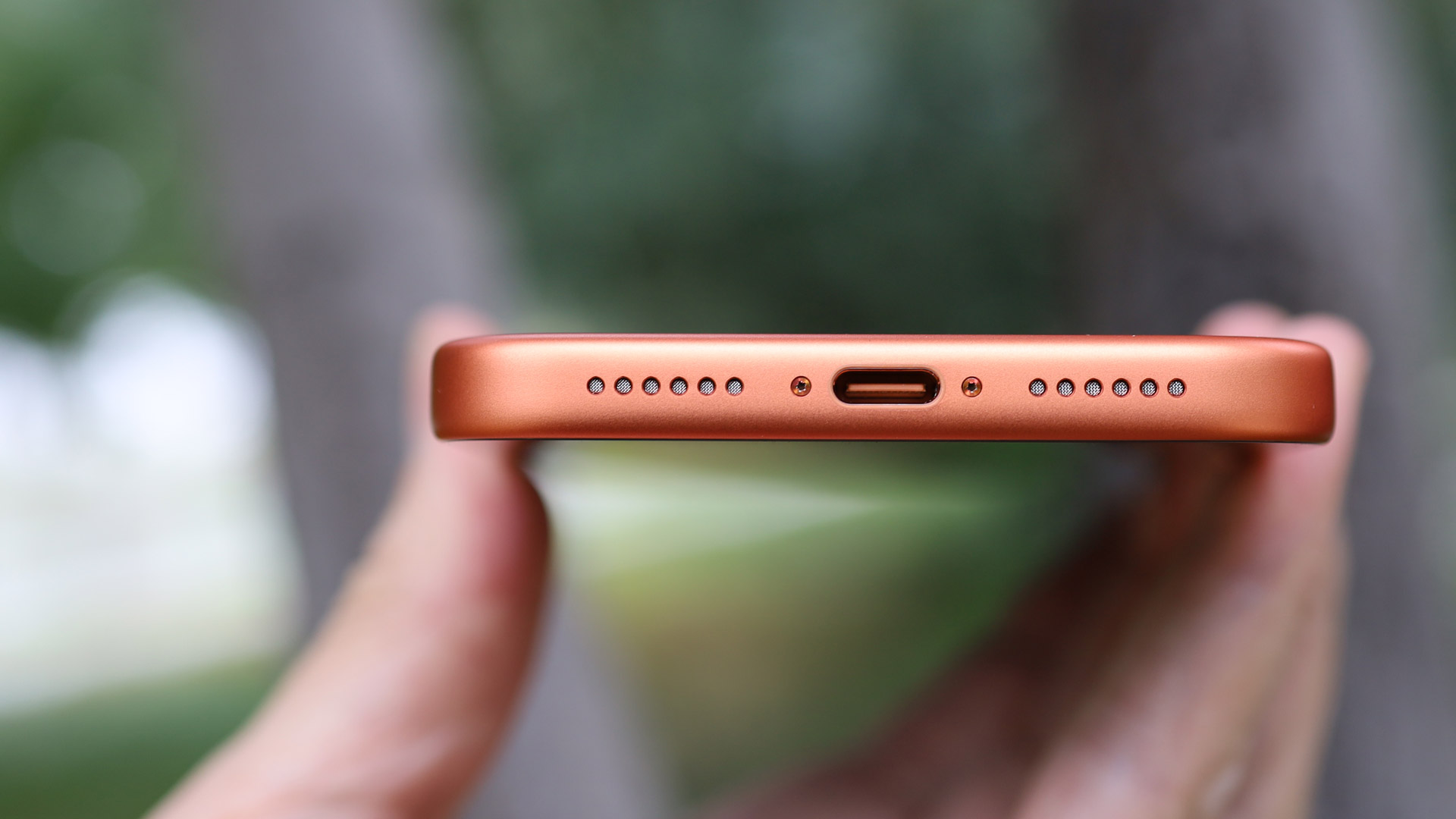
Specifications
Reasons to buy
Reasons to avoid
If you want the very best iPhone money can buy right now, the iPhone 17 Pro Max is the model to go for. The iPhone 16 Pro Max was already (and still is) an exceptional handset if you can pick one up at a discount from third-party retailers, but Apple's latest flagship comes with an updated design, a more powerful chipset, and superior telephoto and selfie cameras.
As above, the standard iPhone 17 is the better fit for 90% of buyers, but with its A19 Pro chipset and efficiency-friendly aluminum unibody chassis, the iPhone 17 Pro Max is among the best phones around for raw power and, as a result, one of the best gaming phones money can buy.
Surprise! This is one of the best camera phones around, too. Versus the iPhone 16 Pro Max, the 17 Pro Max sports a full-width 'Camera Plateau' that houses a new, longer telephoto lens. It's a 48MP sensor with 4x optical zoom, though Apple will also let you crop in up to 8x for 'optical-quality' zoom shots at 12MP.
In testing, we found that the iPhone 17 Pro Max delivered "fantastic photos with true-life colors and exquisite detail," and while its 48MP main and 18MP selfie cameras are the same as those on the regular iPhone 17, the Pro Max is indisputably the top choice for serious mobile photographers.
Beyond its dedicated telephoto lens, the second big selling point of the iPhone 17 Pro Max is its battery life. We managed to eke out over 30 hours of life from the phone (Apple rates it for 39 hours), and if you own a 40W-to-60W adaptive charger, you'll be able to juice up the 17 Pro Max to 50% in around 20 minutes.
It's worth noting that the 6.3-inch iPhone 17 Pro is exactly the same phone as the iPhone 17 Pro Max, but smaller and cheaper. So, if you're not fussed about owning the biggest iPhone, we'd advise going for that model instead.
Read our full iPhone 17 Pro Max review
The best budget iPhone
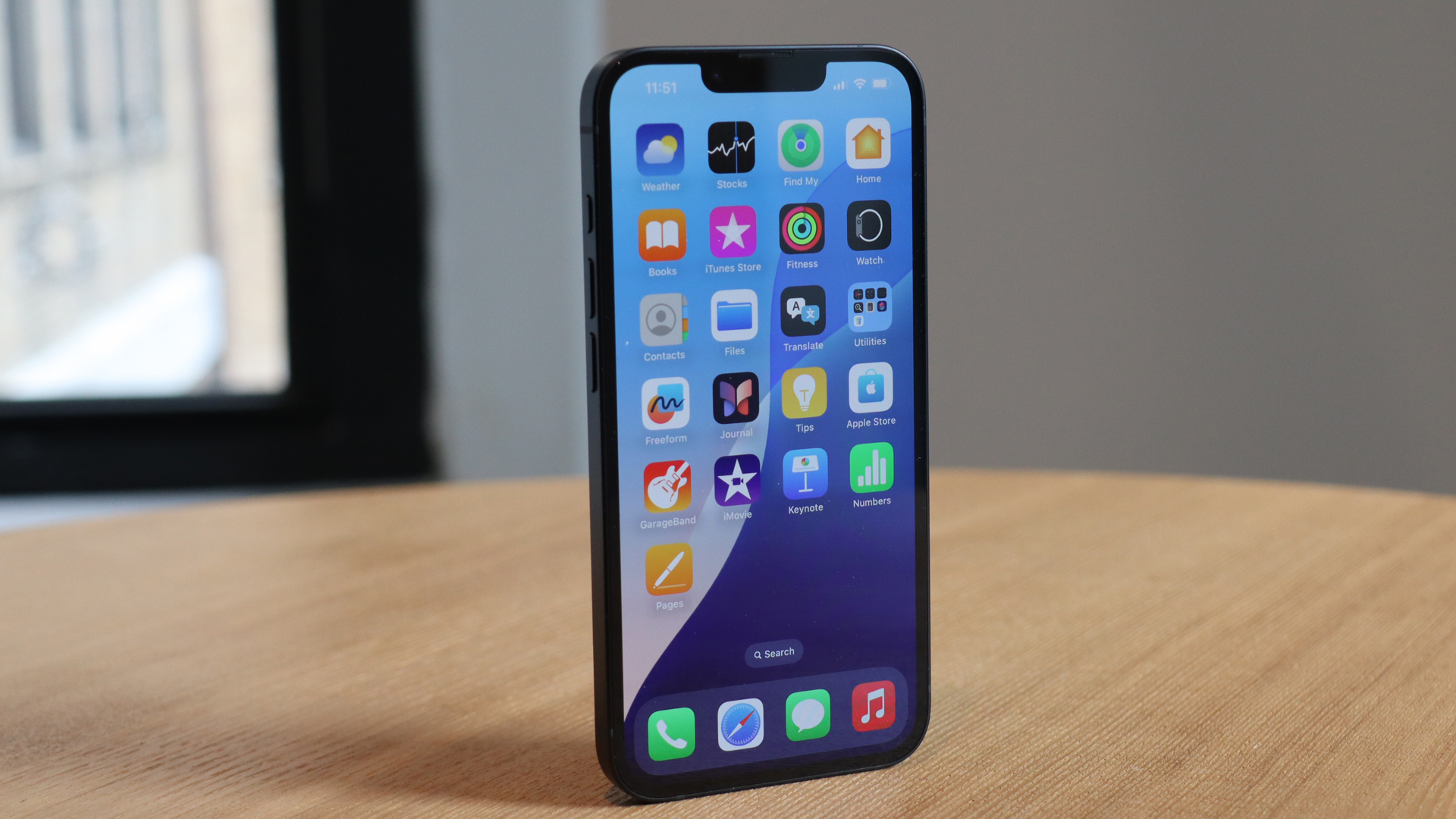
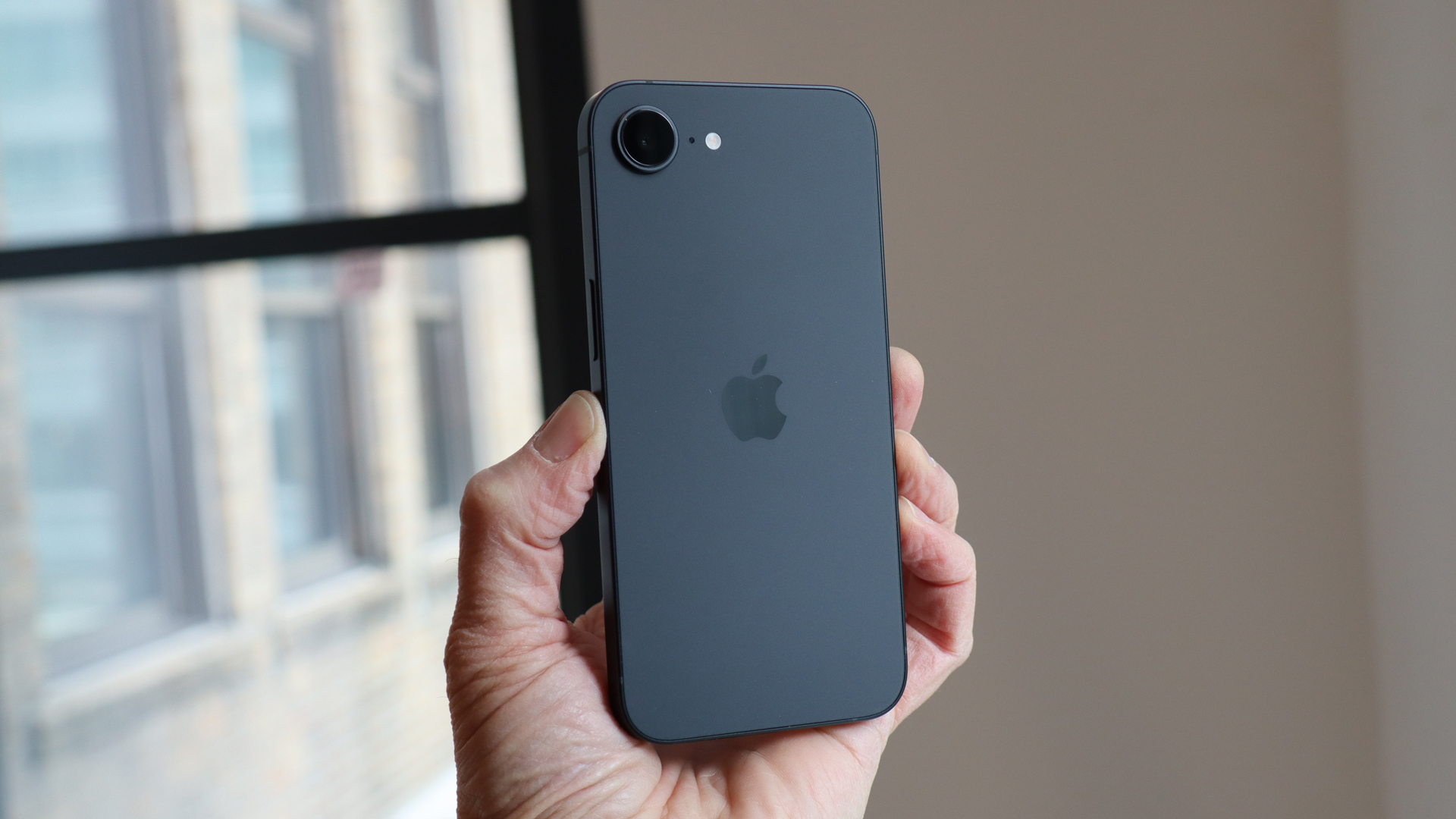
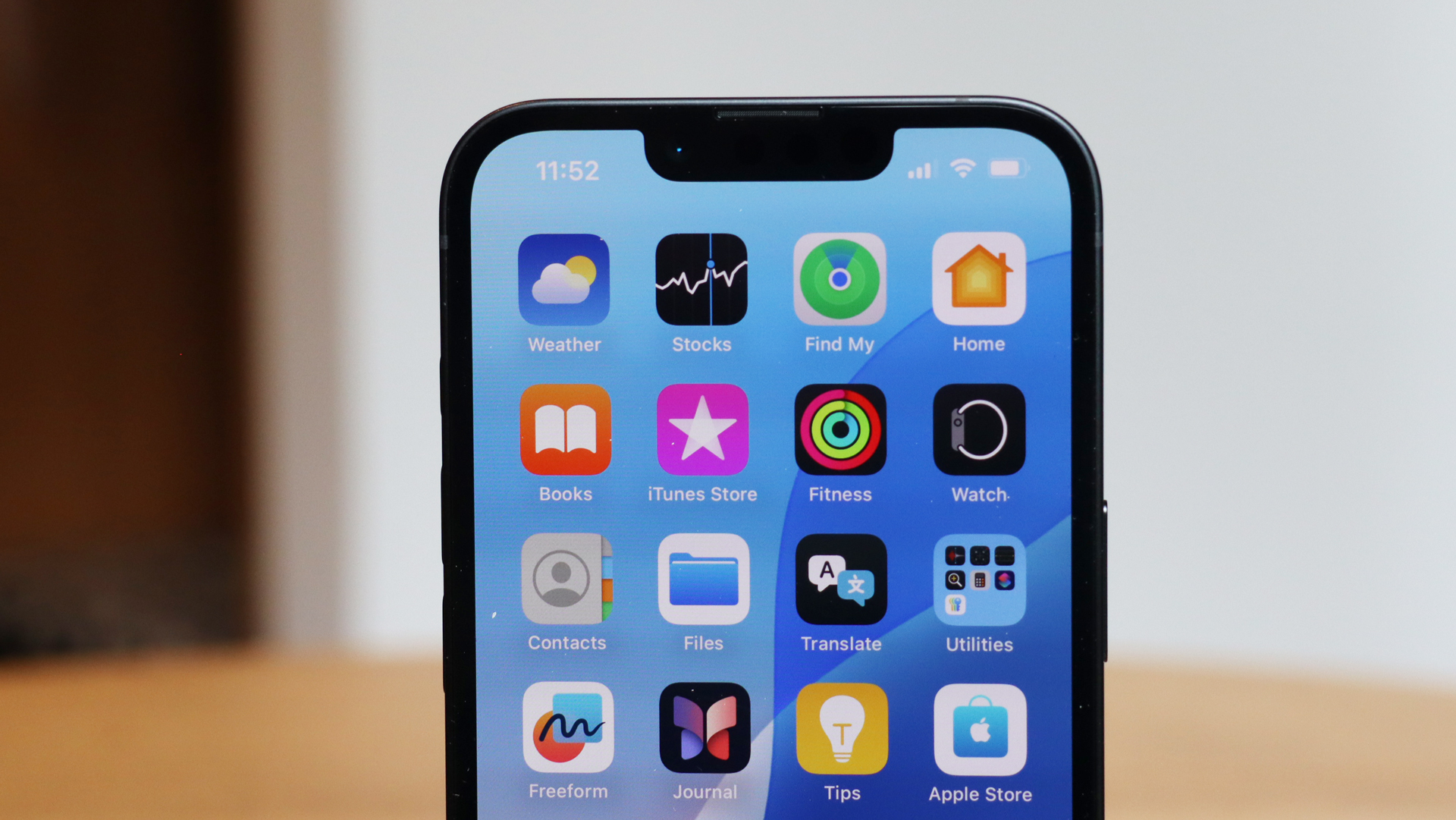
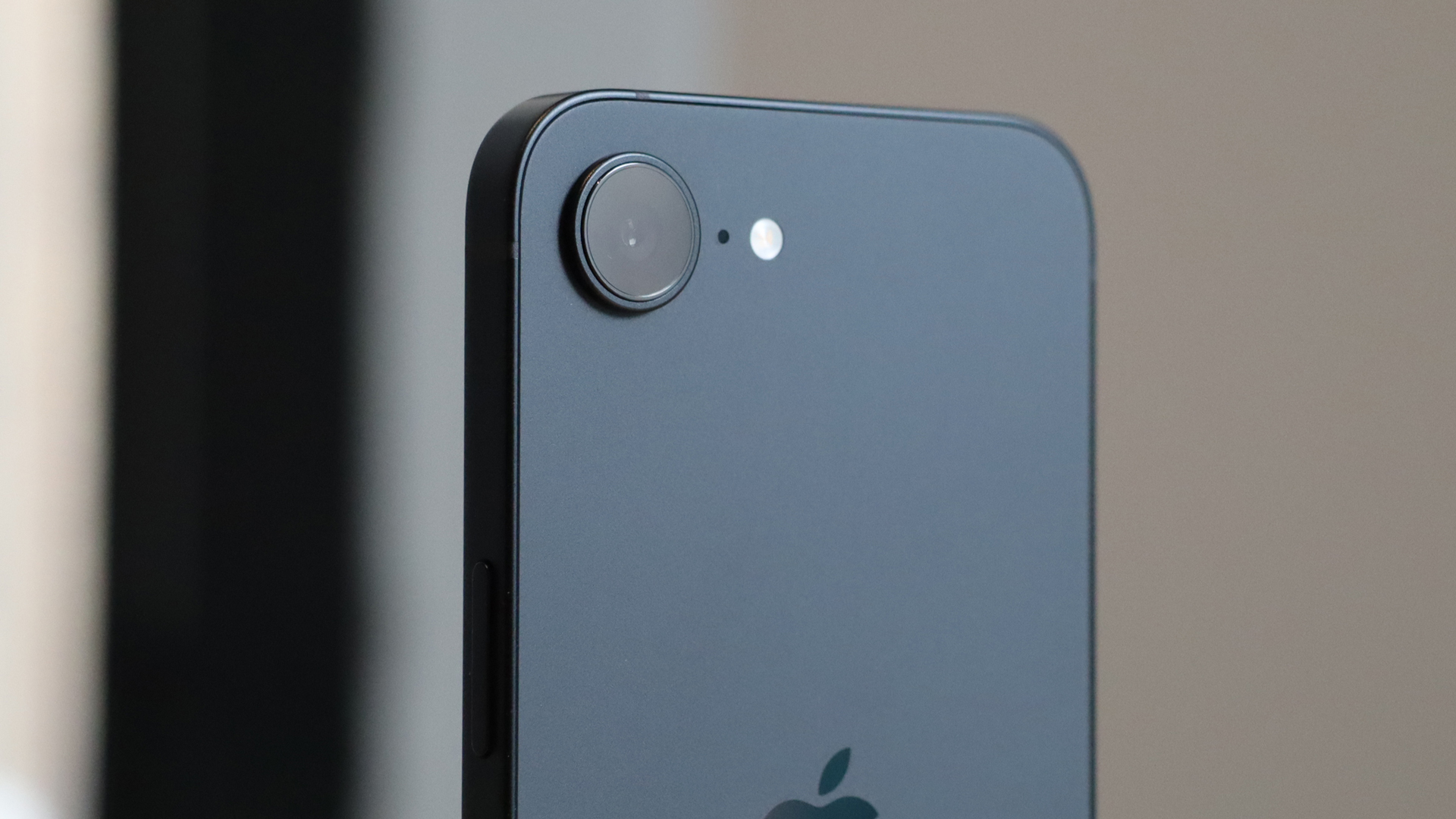
Specifications
Reasons to buy
Reasons to avoid
Following the launch of the iPhone 16e, Apple discontinued the iPhone SE (2022), meaning the company's entry-level iPhone 16 model is now the cheapest iPhone available as new from Apple directly.
The iPhone 16e brings several key upgrades over the iPhone SE (2022), including a 48MP 'Fusion' camera (of the sort you'll find on the iPhone 17 and, yes, even the iPhone 17 Pro Max), a much more powerful A18 chipset, 8GB of RAM, a longer-lasting battery, and Apple Intelligence compatibility.
That basically means it can run all of the latest apps and games with ease, as well as the full suite of Apple Intelligence tools. And while the latter feature might not seem like a selling point now, with Siri 2.0 on the horizon, you'll be grateful for the iPhone 16e's software compatibility in the very near future (this is also the main reason why I'd recommend the iPhone 16e over the iPhone 15).
Given the phone's cheaper positioning in the iPhone lineup, you'll have to make do with a physical notch instead of the Dynamic Island, as well as a static 60Hz display and no MagSafe compatibility. But the iPhone 16e is, after all, intended to be a no-frills model.
If you're looking for more bells and whistles at a similarly accessible price, it's worth scouring third-party retailers for a cut-price iPhone 16. Apple does still sell that 2024 model, but it costs $100 / £100 / AU$250 more than the iPhone 16e. Though, as you can read in our iPhone 16e vs iPhone 16 comparison, the latter is a slightly superior device owing to its Dynamic Island notch, dedicated ultra-wide lens, and MagSafe compatibility.
Read our full iPhone 16e review
Also consider
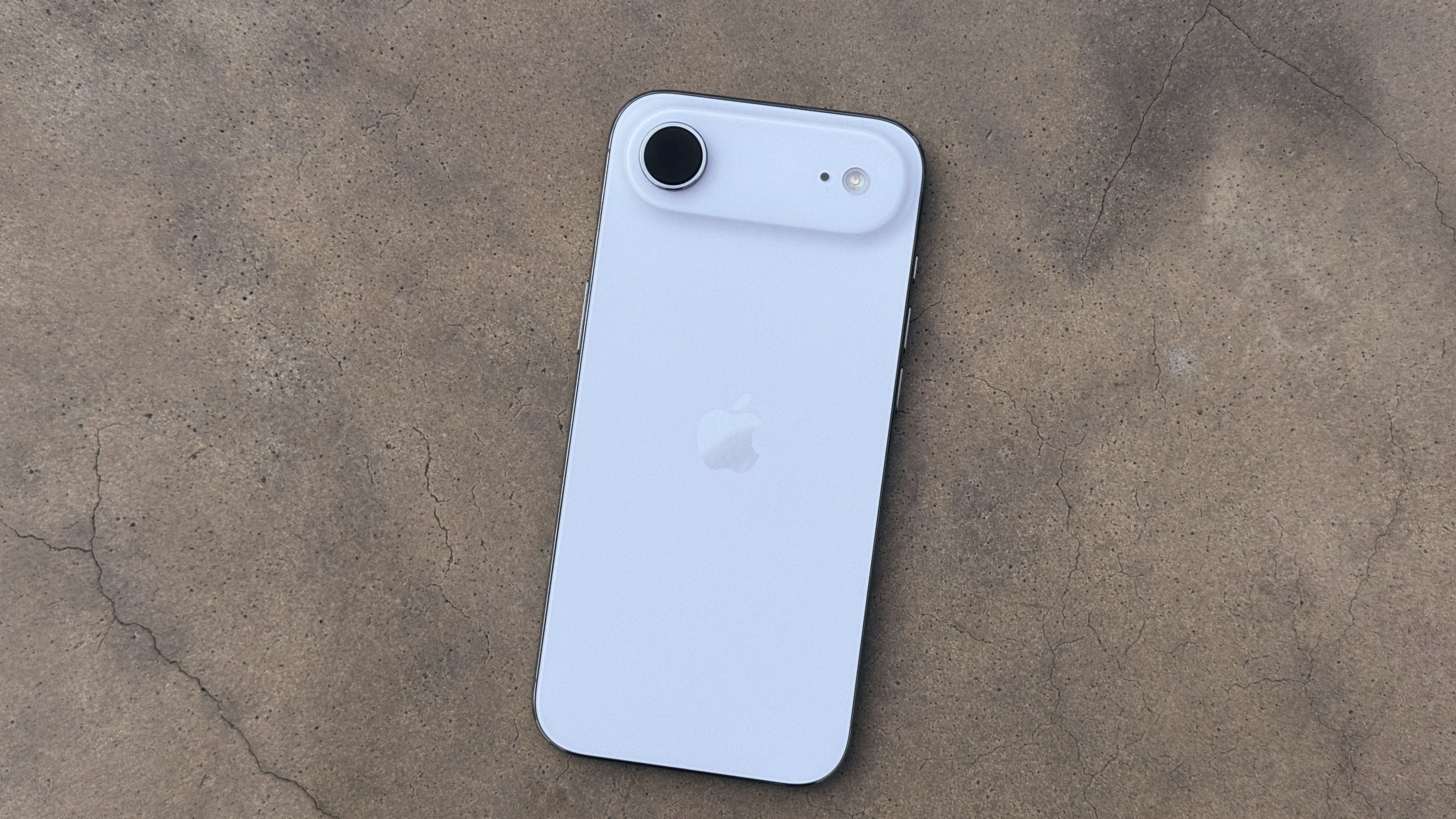
Of course, there are plenty more iPhones available than the three models we've listed above, so below, we've highlighted some alternative options.
Best iPhone 17 Pro Max alternative – iPhone Air
Apple's iPhone 17 Pro Max is the hardware champion, but the all-new iPhone Air is a stunning, design-focused handset that ranks among the best iPhones ever made for sheer style. It's hard to shoehorn the iPhone Air into its own category ('Best design', perhaps?), but with its 5.6mm frame and powerful A19 Pro chipset, it's definitely worth considering as a halfway house between the iPhone 17 and iPhone 17 Pro Max.
Best iPhone 16e alternative – iPhone 16
The iPhone 16 is $100 / £100 / AU$250 more expensive than its newer sibling (which is why it's not an appropriate budget pick), but if you can find one for the same or less money, it's the superior choice. The standard 16 gets all of the same features as the 16e, plus the Dynamic Island, an ultra-wide lens, and MagSafe compatibility.
FAQs
What is the best iPhone?
The best iPhone is usually one of the latest numbered models, but the value of each will depend on your specific needs. If you want the very best specs, go for the iPhone 17 Pro Max, while the regular iPhone 17 is a better-value choice for the majority of users. If you're not fussed about fancy cameras and extra hardware features, consider the iPhone 16e or one of Apple's last-generation models.
Which iPhone is the best value for money?
Right now, the iPhone that offers the best value for money is the regular iPhone 17. It's got a Pro-rivaling screen, as well as the same main, ultra-wide, and selfie cameras, the same buttons, and the same starting storage capacity as Apple's top-end models. The base iPhone 16 is also a great-value pick.
How to choose the best iPhone?
A lot of iPhones are quite similar to one another, so choosing which model to buy mostly just means seeing what's different between them and finding the right fit for you.
All iPhones are powerful, and Apple supports them for a long time, so age and chipset needn't be a big deal, but if you don't plan on upgrading for a long time, then a newer model with a faster chipset is ideal.
Bigger factors, though, include the screen size – and bigger isn't always better. If you want something compact that you can easily slip into a small pocket, then consider Apple's 6.3-inch models. But if you plan on doing a lot of gaming or video-watching, something larger would be better.
Resolution and refresh rate are also worth paying attention to for the optimal visual experience – the higher the better in both cases, so ideal options will have things like a 120Hz refresh rate and a resolution above 1080p.
Camera quality and battery life are important considerations, too, and you can't get a full picture of these just from a specs list, so read our full entries above (or click through to our detailed reviews) for insights into how each iPhone fares in those departments.
How we test
We've reviewed every iPhone on this list, meaning for each, we've passed our expert judgment on them after extensive testing. These reviews saw us use each phone as our main handset for at least a week, and often longer.
In the process, we would explore various use cases, including calls, texts, social media, video streaming, gaming, taking photos, and more, with some heavy use days and other lighter ones.
In short, we use our iPhones just like you would – but we make sure to test every key feature, as well as run benchmark tests, checking how long they take to charge, and more.
Using that data, we've then ranked each handset, factoring in price, value, and how they compare to one another, with a particular focus on their screens, designs, battery life, performance, and cameras.
- You've reached the end of the page. Jump back up to the top ^
Sign up for breaking news, reviews, opinion, top tech deals, and more.

Axel is TechRadar's Phones Editor, reporting on everything from the latest Apple developments to newest AI breakthroughs as part of the site's Mobile Computing vertical. Having previously written for publications including Esquire and FourFourTwo, Axel is well-versed in the applications of technology beyond the desktop, and his coverage extends from general reporting and analysis to in-depth interviews and opinion.
Axel studied for a degree in English Literature at the University of Warwick before joining TechRadar in 2020, where he earned an NCTJ qualification as part of the company’s inaugural digital training scheme.